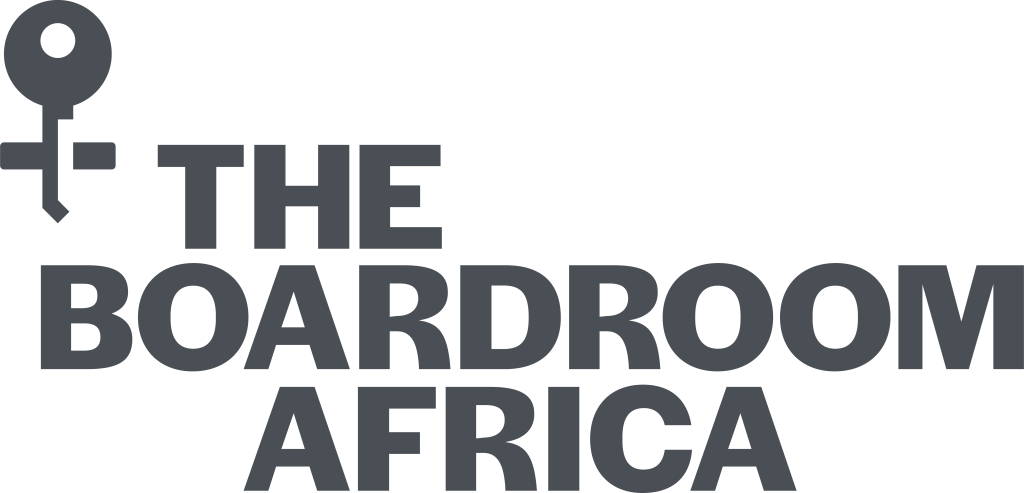Macroeconomic policies working for women and climate change: Macroeconomic policies are not neutral to gender and are central to pursuing gender equality and accelerating investment in women, particularly in Africa.
At Falémé Conseil, we have been working to ensure these policies (fiscal, monetary, public investments) are increasingly gender-responsive and we believe this centrality will continue to gain traction. Finance ministries and Central banks are ideally placed to impact a wide range of areas that can significantly improve the lives of women and ensure that the risk perception is reduced to accelerate their access to funding.
But these players are also key to continue pushing for a global financial architecture that works for Africa, its women and climate change. We have been working, with others, to have these stakeholders increasingly looking at how economic and financial policies can be used to mitigate the impact of climate change, without jeopardising the development goals. Despite the challenges, we strongly believe these trends will continue gaining
Macroeconomic policies are central to pursuing gender equality and accelerating investment in women, particularly in Africa.
The volatile and uncertain environment created by the repeal of constitutions, laws, and other regulatory frameworks affecting businesses requires nimble and solid boardrooms.
Boardrooms in “transition” countries – a silver lining for directors?: Transition countries (as they are referred to by development institutions, countries that undergo a political transition with sometimes far-reaching socio-economic consequences) challenge the boardroom.
The volatile and uncertain environment created by the repeal of constitutions, laws, and other regulatory frameworks affecting businesses requires nimble and solid boardrooms. It requires that directors stay focused to address strategy, governance, and risks and ensure that value is created for shareholders. We have observed first-hand that navigating these contexts demands at least three key traits.
First, agility to adapt to sometimes “erratic” decision-making and building relationships with new stakeholders is of the essence. Second, staying ahead of the curve, while being able to identify opportunities matters even more in these peculiar times of unstable legal environment. Third, soft skills and a strengthened support to executive teams are critical to navigate what may sometimes be described as irrational situations. In 2024, these will remain important tools for board directors exercising in these complex settings.
Collecting, analysing, and releasing more and quality data will remain seminal, while leveraging the digital transformation and the possibilities offered by artificial intelligence (AI)
Data economy – what we know is what we measure and can ultimately improve: Increasing evidence-based policymaking to deliver better public services in support of our economies and improve the lives of the populations matters.
This is crucial to avoid leading in the dark, and to increase both accountability and transparency. Collecting, analysing, and releasing more and quality data will remain seminal, while leveraging the digital transformation and the possibilities offered by artificial intelligence (AI).
We have seen (and been part of) how the landscape of the data economy is gradually changing in Africa, with an increasing number of African-led/based firms. This is a positive trend that should enable more home-grown and context-specific solutions to overcome the continent’s challenges and ultimately shape an African narrative in the domain of economics and finance.
The data economy can also contribute to enhancing Africa’s agency on the global stage. Further to this, we think that having more women in that space will support more inclusive and innovative proposals for a sweeping transformation of a public sector at the service of Africa’s populations and its economies.
About the author
MALADO KABA
Managing Director of Falémé Conseil
Malado Kaba is a development economist and professional in international development and finance. She is the managing director of Falémé Conseil and former Economy and Finance minister of the Republic of Guinea. Until recently, she sat as the chairwoman of Orabank Guinea and the Chair of the board of the Authority regulating electricity and water in Guinea. She is a Trustee at International Budget Parnership.

